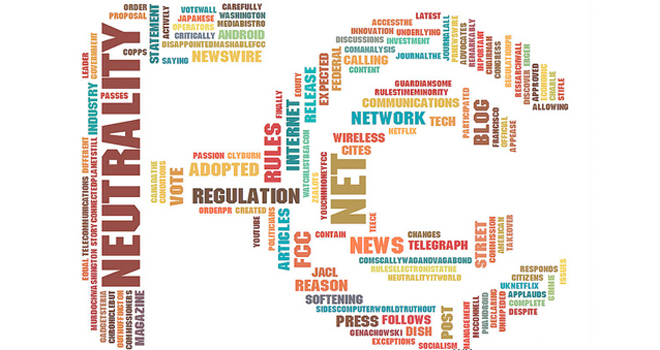Citing the findings of a conservative watchdog group, the U.S. House Energy & Commerce Committee on Thursday launched an investigation into the way the Federal Communications Commission came up with its network neutrality rules.
Committee Chairman Fred Upton (R-MI) and two other subcommittee chairmen, Cliff Stearns (R-FL) and Greg Walden (R-OR), sent a letter to FCC Chairman Julius Genachowski demanding all of the commission’s communications related to the rule-making process between late June 2009 and the day that the meeting announced its rule on December 21, 2010.
The committee obviously wants some light summer reading: The trio wants the commission to provide the records by August 12.
The rule prohibits telecommunications providers from arbitrarily blocking content on their networks and mandates that they provide their customers with detailed information on how they manage their networks.
The Obama administration believes that the rules are necessary to prevent the telecom companies from behaving anticompetitively, and to protect innovation on the internet. But Upton and many Republicans disagree and have vowed to fight the FCC order.
Upton and the two other committee members cited a media report and a Freedom of Information Act investigation conducted by Judicial Watch to suggest that the FCC had enacted the rule for ideological reasons rather than on sound analysis of the market.
In particular, they pointed to information from Judicial Watch’s FOIA request that they said indicated that Commissioner Michael Copps’ staff was in media reform group Free Press’ pocket.
Free Press CEO Craig Aaron responded to the letter with a scathing statement:
This is a poorly researched, blatantly partisan fishing expedition.
It cites the thoroughly debunked and ridiculous notion pushed by the group Judicial Watch that routine, publicly documented ex parte contacts between Free Press and Commissioner Copps’ office were somehow nefarious.
If that’s what these congressmen call coordination, then Congress should be far more concerned with the agency’s coordination with powerful companies like AT&T, which shaped the final Net Neutrality rules that Free Press roundly criticized.
Better yet, the leadership in the House should focus more on policies that will protect free speech online and lower consumers’ bills through real competition, instead of wasting taxpayer resources with attempts to score cheap political points with the fringe or do political favors for their deep-pocketed corporate benefactors.
Public Knowledge, another public interest group that has fought for the enactment of strict net neutrality rules, said in a statement that it hoped that the FCC would cough up records on all of its communications with outsiders — including those with the telecom companies.
“This examination should not be a partisan witch hunt,” Public Knowledge President Gigi Sohn said in a press statement. “Correspondence between private telecommunications companies and FCC and Administration officials should be just as much of a focus as that which may involve public interest groups which supported the policy and should include documents from all of the commissioner offices of both parties, not only from the chairman and the Commission Bureaus.”









